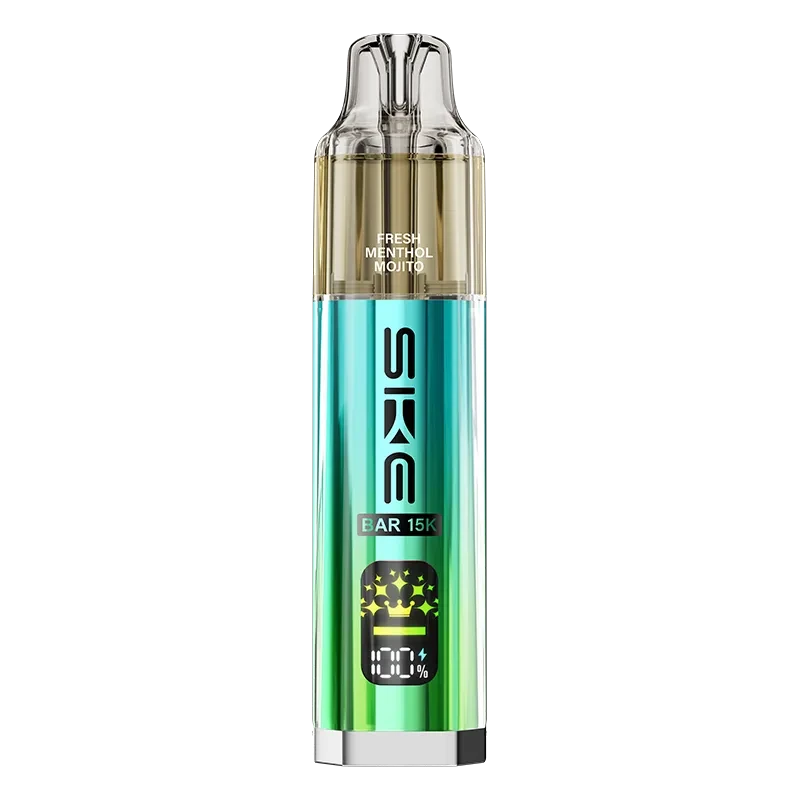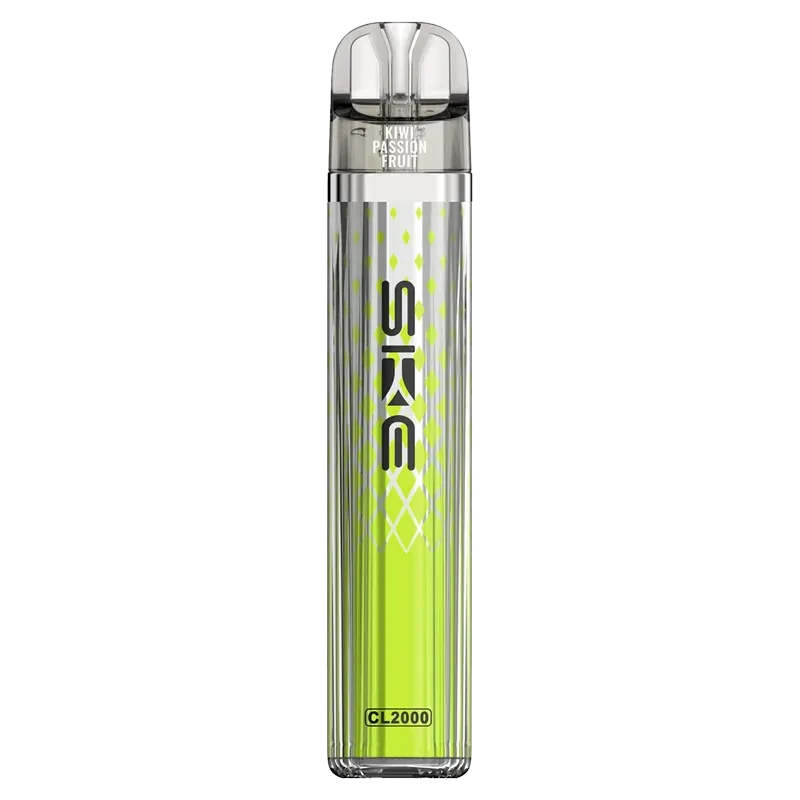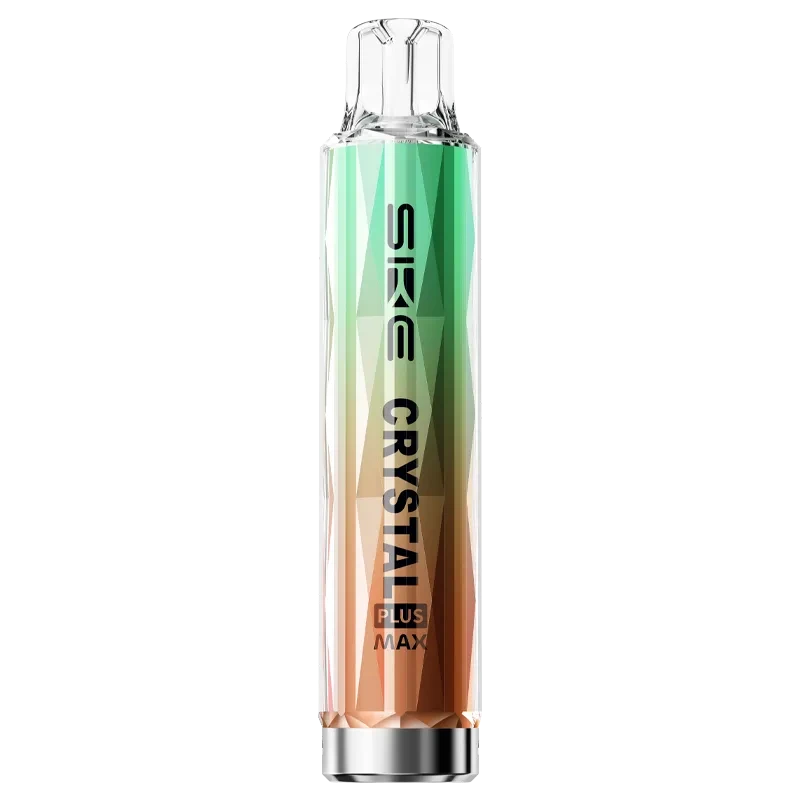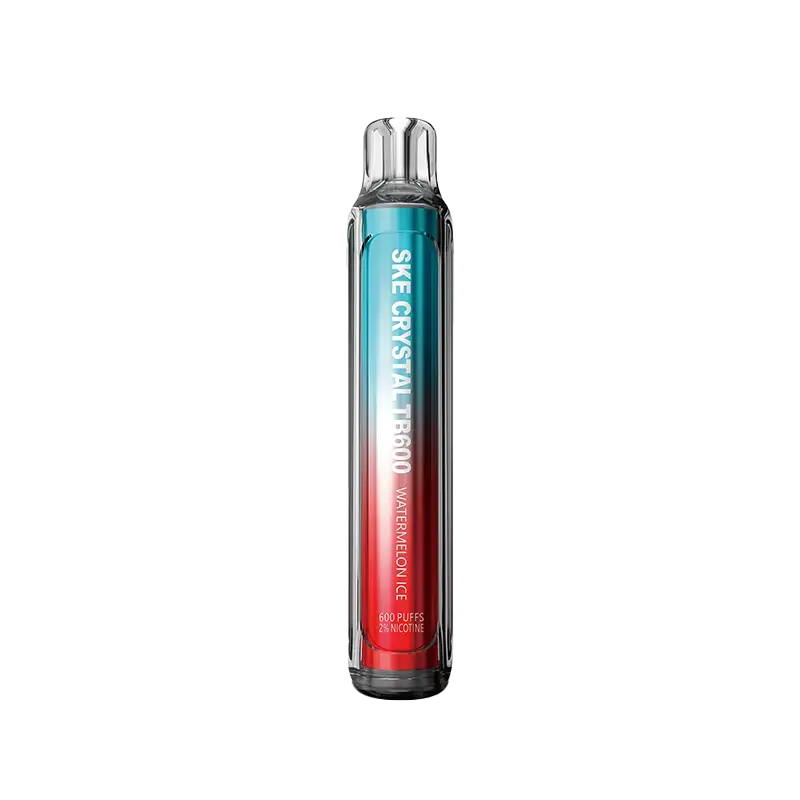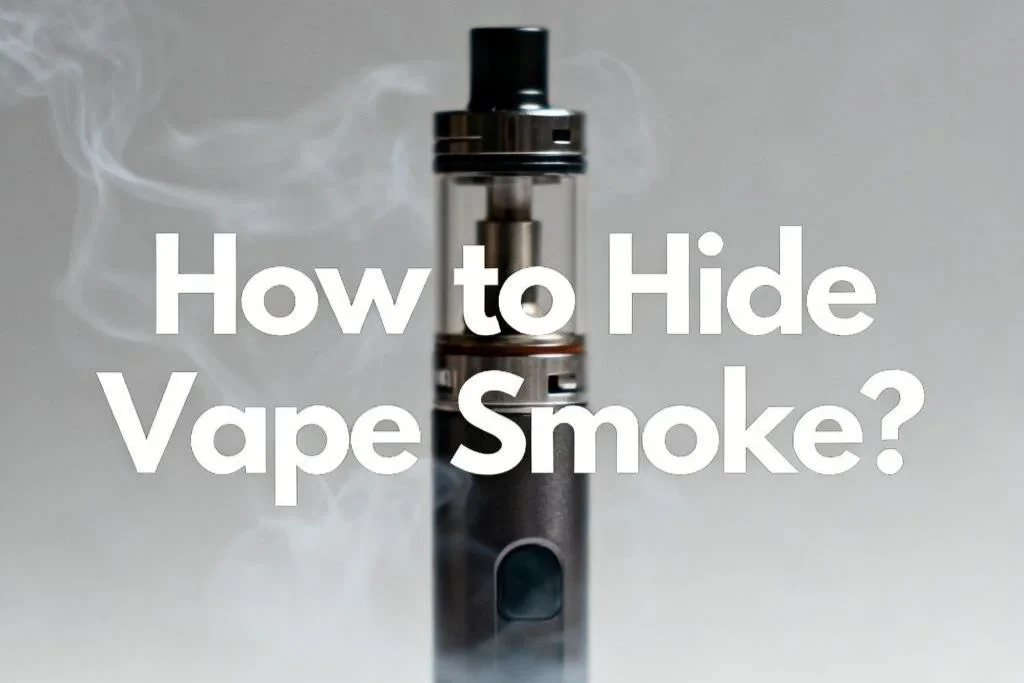CAN VAPING CAUSE CHEST PAIN?
Vaping has been marketed as a less harmful alternative to traditional smoking, but it's not without health concerns. One of the common questions vapers and health-conscious individuals ask is: can vaping cause chest pain? The short answer is yes, vaping can lead to chest discomfort in certain situations. This guide explores the possible causes, symptoms, and when to seek medical advice.
Why Vaping May Cause Chest Pain
Several factors related to vaping could contribute to chest pain, especially in new or frequent users. Here’s a breakdown of the most likely causes:
1. Nicotine Effects on the Heart and Lungs
Nicotine is a stimulant that can increase heart rate and blood pressure. In high concentrations—especially with frequent vaping—it may trigger cardiovascular strain, potentially leading to tightness or pain in the chest. Those with underlying heart conditions may be more susceptible.
2. Irritation from Inhaled Chemicals
E-liquids contain substances like propylene glycol, vegetable glycerin, flavorings, and sometimes THC or CBD. These ingredients can irritate the lungs, especially when inhaled deeply or frequently. This irritation may cause inflammation in the airways, leading to chest tightness or pain, particularly in individuals with asthma or other respiratory issues.
3. Dry Hits and Burnt Coils
A burnt coil or a dry hit (when there’s little or no e-liquid on the wick) can produce harsh vapor. This can lead to sudden throat and chest discomfort, coughing, and in some cases, lingering pain due to inflammation.
4. Vaping Technique
Inhaling too deeply or too often without giving your lungs time to recover can contribute to overexertion of respiratory muscles. Chain vaping or using high-powered devices can also strain your lungs, especially if you’re not used to high volumes of vapor.
5. Vape-Related Lung Injury (EVALI)
Though less common, EVALI (E-cigarette or Vaping Product Use-Associated Lung Injury) is a serious condition linked mostly to THC-containing or black-market vape products. Symptoms include chest pain, shortness of breath, coughing, and even fever. This condition requires immediate medical attention.
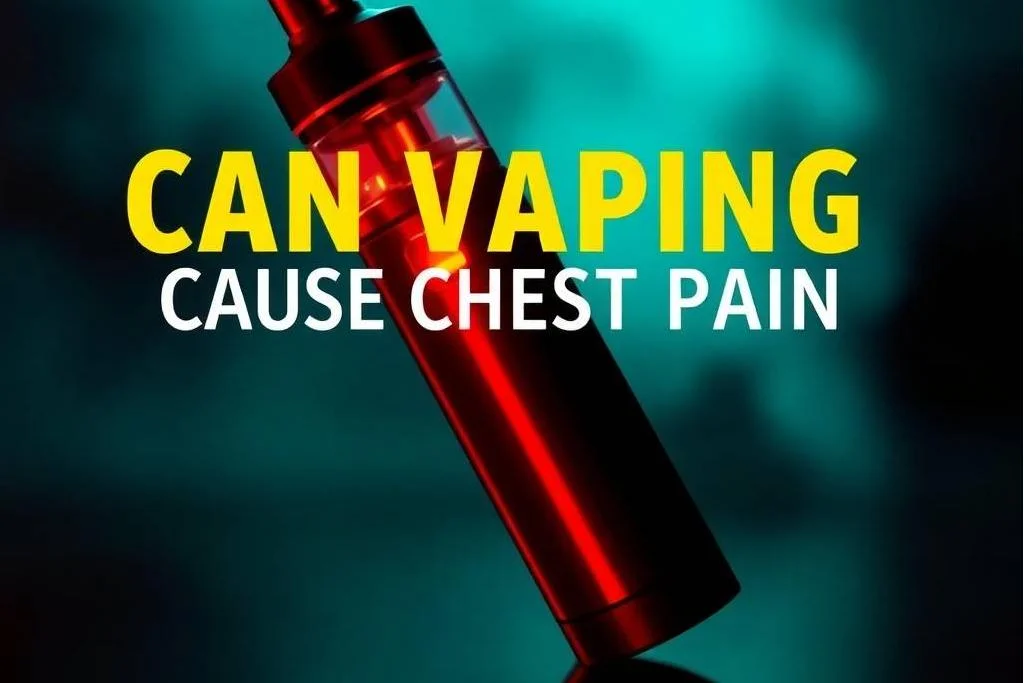
Symptoms to Watch Out For
If you’re experiencing chest pain while vaping, monitor for these associated symptoms:
- Tightness or pressure in the chest
- Sharp pain when breathing or coughing
- Persistent dry cough
- Shortness of breath
- Fatigue or dizziness
- Nausea or vomiting
If these symptoms worsen or don’t go away after stopping vaping, seek medical help promptly.
How to Reduce the Risk of Chest Pain from Vaping
To minimize your chances of developing chest pain from vaping:
- Use regulated, lab-tested vape products.
- Avoid high nicotine concentrations, especially if you're sensitive to stimulants.
- Maintain your device—clean it regularly and replace coils as needed.
- Avoid chain vaping and take breaks between puffs.
- Stay hydrated, as PG (propylene glycol) can dry out your respiratory tract.
- Avoid black-market or homemade vape juices, especially those containing THC or vitamin E acetate.
When to See a Doctor
Chest pain should never be ignored. If your pain is sharp, persistent, or accompanied by symptoms like shortness of breath, fainting, or dizziness, stop vaping and consult a healthcare professional. Early intervention can prevent more serious complications.
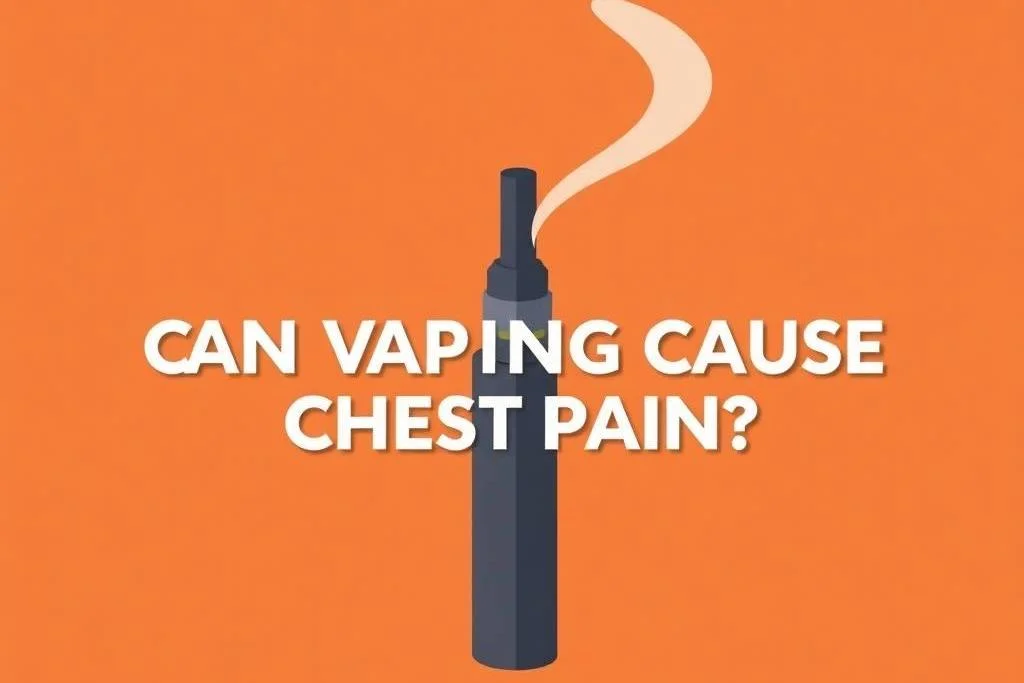
Conclusion
So, can vaping cause chest pain? Yes, and the reasons vary from nicotine impact and inhalation technique to coil condition and product ingredients. While vaping is often seen as a harm-reduction tool, it's not risk-free. Monitoring your body’s response and vaping responsibly is key to minimizing potential side effects. If pain persists, don’t hesitate to seek medical evaluation.
FAQs
1. Can vaping cause chest pain even if I only vape occasionally?
Yes, even occasional vaping can cause chest pain, especially if you're sensitive to nicotine or the ingredients in e-liquids. Some users experience irritation in their airways or lungs after just a few puffs, particularly with high-powered devices or unfamiliar vape juices.
2. Why does my chest hurt after vaping?
Chest pain after vaping can result from several factors, including nicotine overstimulation, irritation from chemicals in the vapor, improper vaping technique, or even a dry hit from a burnt coil. In rare cases, it could signal a more serious condition like lung inflammation or EVALI, especially if symptoms are severe or persistent.
3. Is chest pain from vaping dangerous?
While mild chest discomfort can be temporary and due to irritation or overuse, persistent or sharp chest pain can be a sign of a more serious issue like heart strain, lung inflammation, or vaping-related lung injury. If chest pain doesn’t improve after stopping vaping, medical evaluation is strongly recommended.
4. Can quitting vaping stop chest pain?
In many cases, yes. If vaping is the cause of your chest pain, stopping the habit can lead to symptom improvement. Depending on the severity and duration of exposure, chest pain may ease within a few days to weeks after quitting. However, ongoing pain may require medical treatment.
5. What should I do if I experience chest pain while vaping?
Stop vaping immediately and take note of any other symptoms, such as shortness of breath, coughing, or dizziness. Rest, stay hydrated, and avoid further inhalation until symptoms subside. If the pain is sharp, ongoing, or accompanied by other warning signs, seek medical attention right away.

